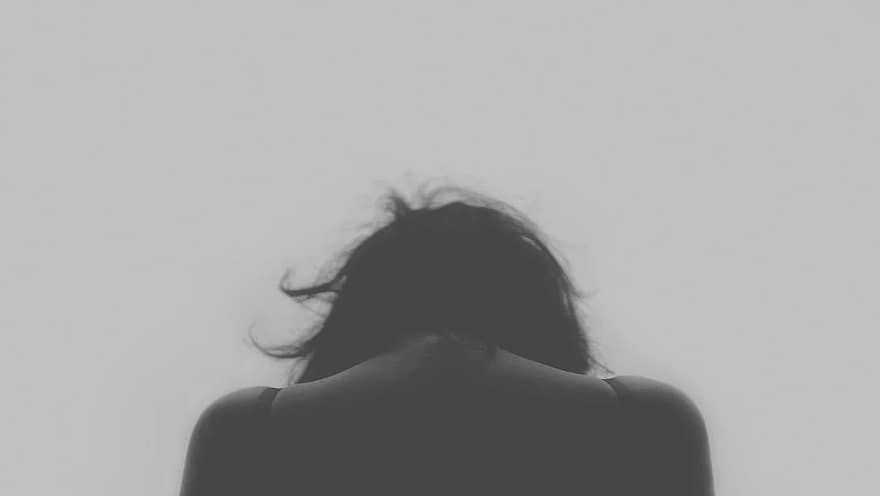News release
From:
Association of Hormone Therapy With Depression During Menopause
About The Study: The findings of this study of women in Denmark followed up from age 45 suggest that systemically administered (oral or transdermal) hormonal therapy before and during menopause is associated with higher risk of depression, especially in the years immediately after initiation, whereas locally administered (intravaginal or intrauterine) hormonal therapy is associated with lower risk of depression for women 54 years or older.



 International
International



